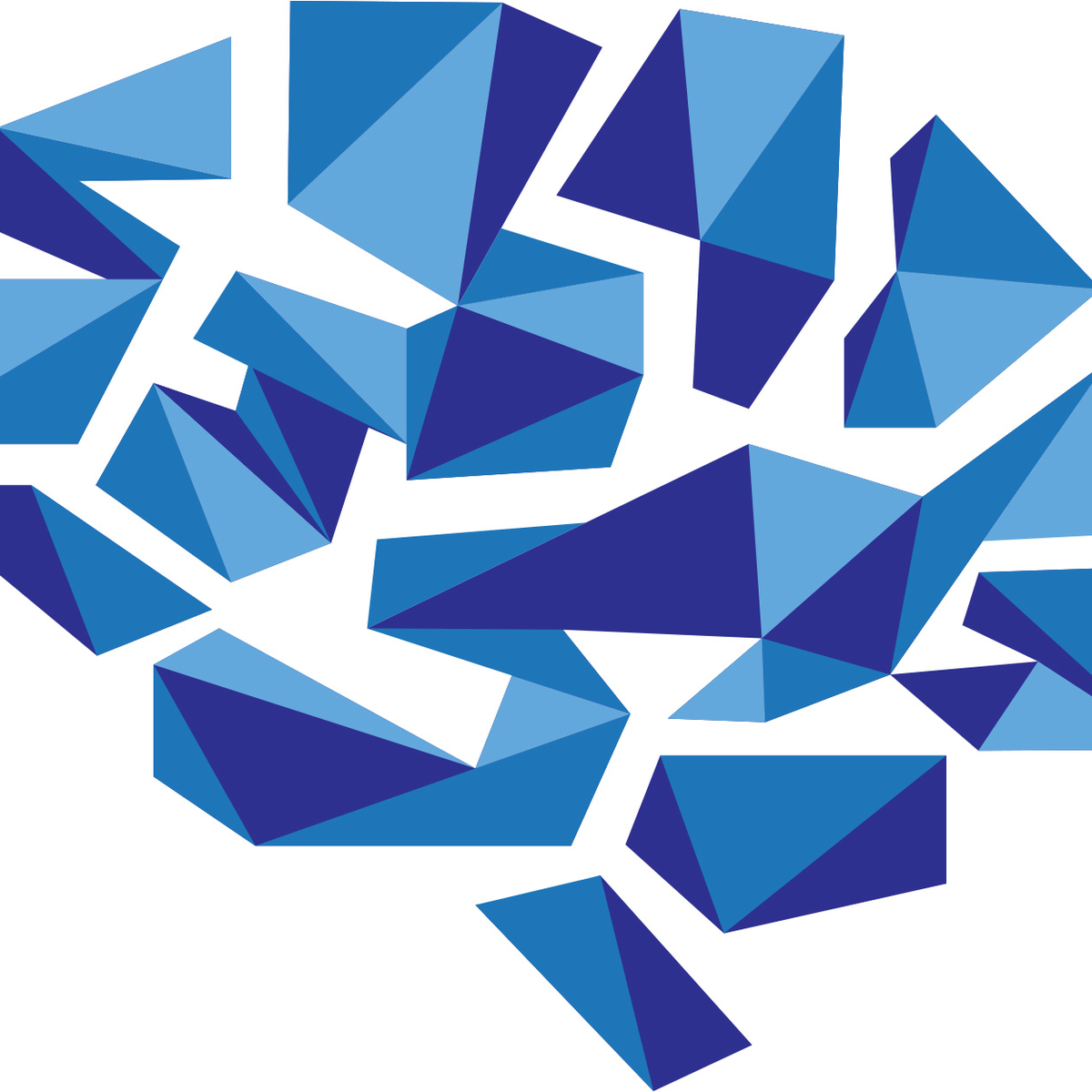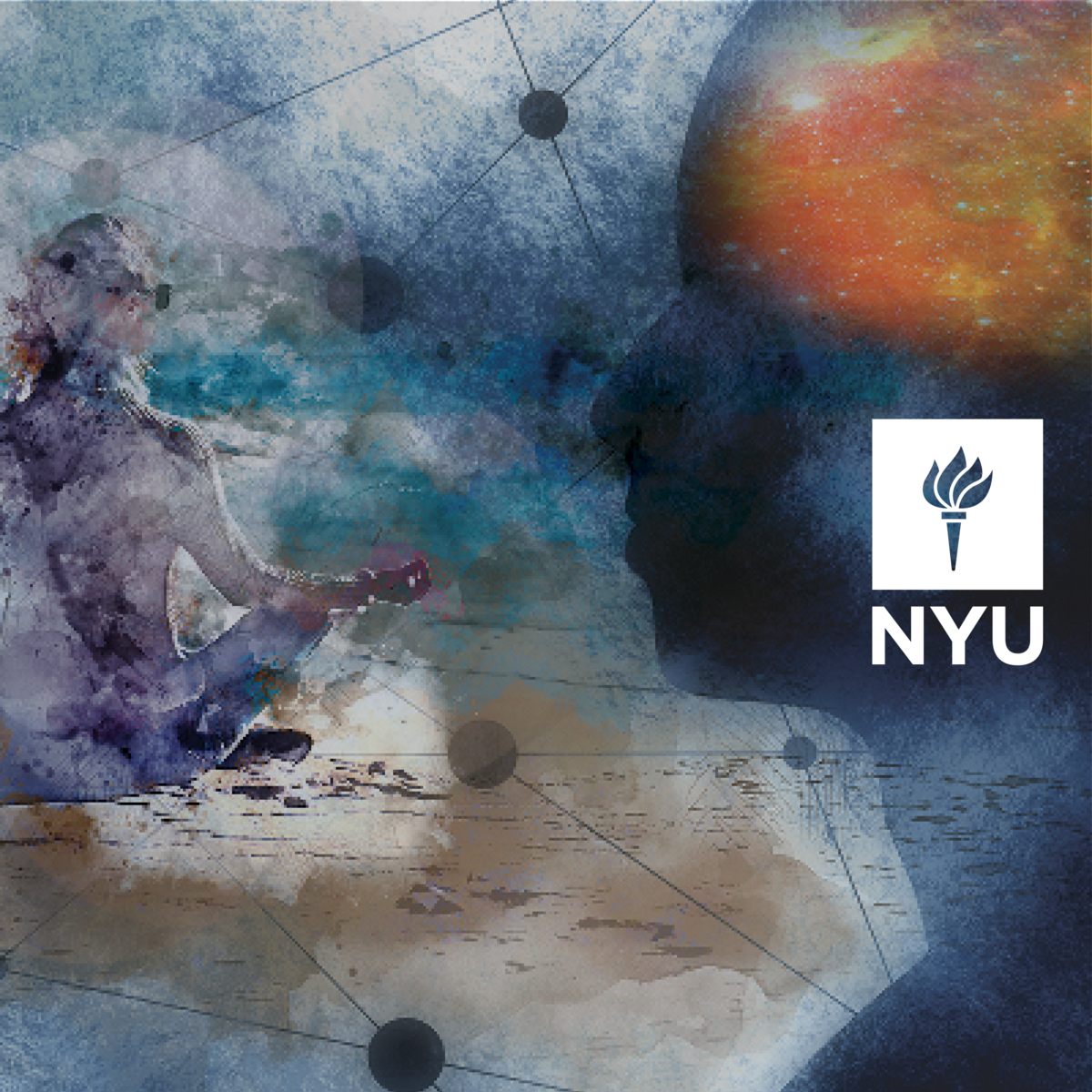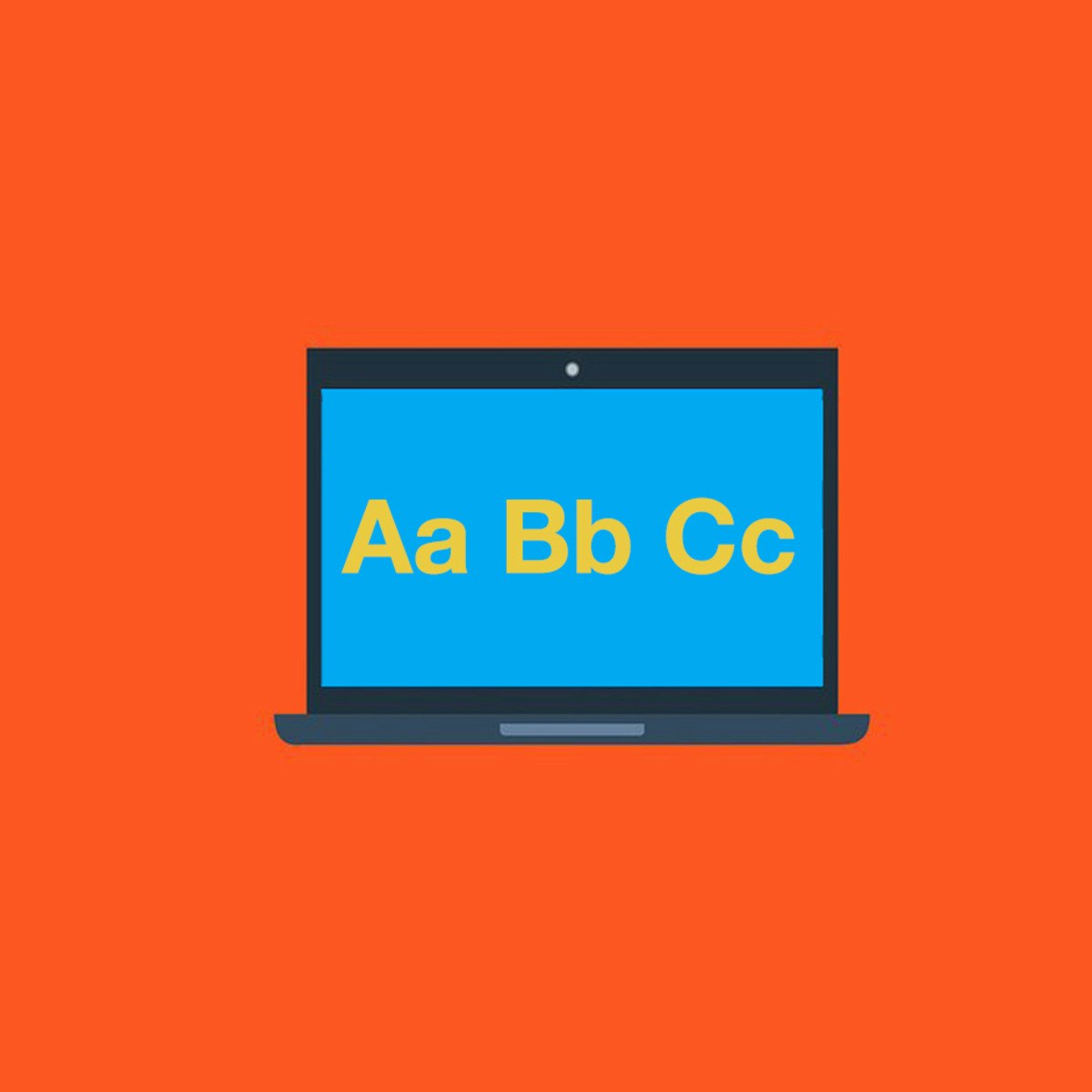Back to Courses









Personal Development Courses - Page 8
Showing results 71-80 of 514

Speaking and Presenting: Poise
Poise is not some elusive or innate characteristic. It’s a series of choices, all of which can help you better connect with your intended audience. This course will help you identify those choices and teach you how to make them in a way that consistently enhances the clarity of your message and the effectiveness of your delivery.

Knowledge Exchange: Using, Protecting and Monetizing Ideas with Third Parties
Learn more about knowledge exchange and how to use, protect and monetize your knowledge while working with various partners.
Interested in increasing the impact of your knowledge on society? This course is for those who are new to how knowledge is transferred from yourself or from a knowledge institute into society at large. It is for those who want to know how to protect their knowledge, how to approach parties for collaboration, and how to find the right funding for your idea. It is for those who want to start thinking about how knowledge exchange might be useful in their business or academic career. It provides an introduction to one of the basics of knowledge exchange, the stakeholders involved and the most common pitfalls on your way to transform our world with your ideas!
About the course lecturers
Each week a different expert in his or her field will shed light on a different aspect within knowledge exchange. In addition, each module contains an interview with a Leiden academic who will share his or her practical experience concerning that week's subject. Each module is introduced and concluded by the course leader, Professor Gert-Jan van Ommen, former head of the Department of Human Genetics of Leiden University Medical Center.
About Luris
This course was developed by Luris, in cooperation with Leiden University and Leiden University Medical Center (LUMC). As knowledge exchange office, Luris matches societal needs with possibilities available in Leiden and enhances the impact of novel technologies and knowledge from Leiden University and LUMC. Luris establishes valuable partnerships and represents the interests of academics and research teams.

Engineering Health: Introduction to Yoga and Physiology
This course gives you access to an exploration of physiological systems from the perspective of overall health and wellness. In particular, a focus on yoga, meditation and mindfulness as a therapeutic intervention in chronic illness and long term treatment. This course is intended for yoga practitioners and teachers, as well as college students and medical practitioners looking for a deeper understanding of the physiological benefits of yoga. The value of taking this course is to understand the impact that yoga can have on reducing stress, and aiding in healing or preventing physiological pathologies. Throughout this course, we will learn about different physiological systems and highlight yoga practices that can influence different systems and reduce pathology. Reading material will include analysis of scientific studies that have successfully utilized yoga practice as a tool for treatment of various illnesses such as: hypertension, stress, diabetes, insomnia, chronic pain and PTSD. In order to understanding these conditions, lectures will provide a complete understanding of the correlating physiological system. The weekly course assignment will include physiology lectures, a weekly yoga practice, suggested readings, and optional discussions for a total of 3-5 hours per week. The course will provide a tremendous amount of information and hands on experience for those interested in alternative health perspectives and a more in depth scientific understanding of this ancient healing method.

Evaluating Student Understanding with Socrative
By the end of this project, you be able to evaluate students in real time and provide immediate feedback using Socrative. With Socrative, you can create personalized activities and engage students in games that encourage full participation as they learn. Socrative is a great tool for online learning, but it also allows teachers to save valuable time by letting Socrative to the work of grading and engaging students for you! Let’s get you confident and ready to use Socrative today.
*You will need a free Socrative account for this project. You will have the option to upgrade to a Premium account if you choose to use all of Socrative’s features.

Advanced Instructional Strategies in the Virtual Classroom
Welcome to Advanced Instructional Strategies in the Virtual Classroom! This course will help you apply strategies to the critical areas of K-12 virtual instruction to significantly impact virtual education. We will examine the pitfalls beginning teachers run into and learn how to overcome them by focusing on the fundamentals that have the greatest impact on student learning in a blended or online environment. By the end of the course, you will be able to empower your students to be voracious learners who are ready to go out and make the world a better place to live.
Upon completing this course, you will be able to:
• Identify the role of direct instruction within a virtual course.
• Establish direct communication and meaningful relationships with your students.
• Use instructional strategies that motivate and challenge your students to think more critically.
• Define at-risk students and examine effective strategies for teaching this demographic.
• Build an inclusive and thriving online community with students, parents, and other teaching professionals.

Project: Writing a Research Paper
Welcome to the capstone project for the Academic English: Writing Specialization! This project lets you apply everything you’ve learned and gives you the practice you need for college classes by having you write a research paper. You'll have several due dates throughout the capstone to help you stay on schedule.
In this capstone project, you will:
- conduct research on an academic topic of your choice
- create an outline to plan out your essay
- write a short annotated bibliography to help you evaluate your sources
- write a 7-8 page research paper
- use source material correctly with MLA format

Engineering Project Management: Initiating and Planning
The goal of the course is to give you the tools to initiate a project plan, manage both stakeholders and relationships, organize their team, develop a project charter, and build a business case for a project.
By the end of this course you will be able to:
- Perform a project assessment using information from previous projects and lessons learned
- Identify key deliverables based on business requirements while managing customer expectations
- Perform a stakeholder analysis and create a management plan
- Analyze and develop a project organization
- Create a project charter
- Explain the business case for a project and calculate Net Present Value
- Inform stakeholders of the charter and ensure all parties know the deliverables and expectations
As part of the course, you will prepare organization charts, create a Stakeholder Register, and write a Project Charter based on an engineering project in a provided Case Study. The Stakeholder Register will outline the key parties to the project, their concerns and how you will manage their expectations. Your Project Charter will provide the key guidance your team needs to understand the scope, requirements and purpose for the project.
All of this will position you for initiating and planning your first project and/or understanding how you can maximize your contributions on your next project team.
Rice Center for Engineering Leadership is a Registered Education Provider through the Project Management Institute (PMI)®. Learners who complete this course on the Certificate track will be awarded 12 hours of Profession Development Units. These are recognized by PMI for continuing education or can be applied toward the 35 hours of education required for the Project Management Professional (PMP)® certification.
PMI and PMP are registered marks of the Project Management Institute, Inc.

Weight Management: Beyond Balancing Calories
Across the globe, more people are suffering from obesity than at any other time in our history. Why has obesity become so common and so challenging? In this course, we will look at the root cause of obesity, as explained by the latest science. We will see how our food environment has evolved over the last half-century, and how it is altering our biology to over-consume calories and resist sustained weight loss. We will also see how stress, a sedentary lifestyle, and inadequate sleep disrupt our appetite control system to promote gaining weight. By developing a better understanding of the physiology behind obesity, you will learn how to work with your body to prevent and manage weight gain. This course will also provide practical tools and strategies for creating a long-term, sustainable weight management plan to leverage your habits and your surroundings.

Textual Elements of Design: Fonts, Typography, and Spacing
Graphic design is telling a story by using both images and text. With that definition in mind, this course will focus on the textual elements of graphic design. From the history of typography, the difference between type, fonts and text as well as exposure to typography spacing, students will learn the value of selecting the best kind of type and combinations of fonts to get their message across in a visually pleasing manner.

The Challenges of Modern Caregiving
Care workers are occasionally lauded as “heroes” of society, but the special challenges they face are not fully understood. This course examines how the organization of care has changed in modern times and the dilemmas those developments pose to helping professionals. Among the questions it engages are: How does the meaning of care change when it is performed outside the family? Do bureaucratic systems discourage individuals from taking responsibility for others’ suffering? How do care professionals manage their emotions and those of their clients? Can and should care work be rehumanized? In addition to helping learners develop informed responses to these pressing issues, The Challenges of Modern Caregiving will give students the chance to learn a method that identifies gaps in existing care systems.
Popular Internships and Jobs by Categories
Browse
© 2024 BoostGrad | All rights reserved


